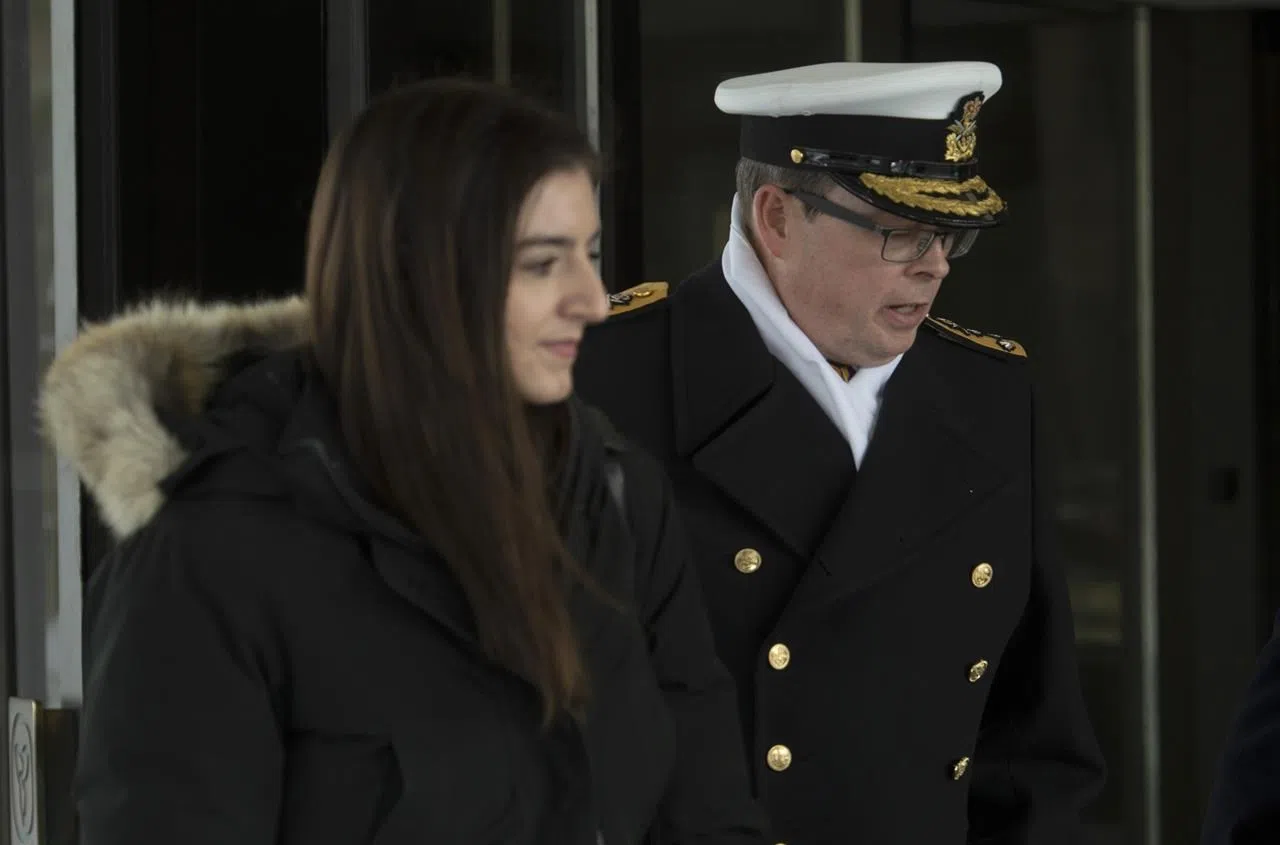
Norman’s lawyers grill Sajjan’s chief of staff, hint at more ‘codenames’
OTTAWA — Vice-Admiral Mark Norman’s lawyer has raised the prospect that government officials used several more undisclosed terms to refer to her client in internal communications and hide any paper trial.
Lawyer Marie Henein hinted at the potential identifiers while questioning Defence Minister Harjit Sajjan’s chief of staff Thursday about government efforts to gather thousands of documents requested by Norman’s legal team.
The former vice-chief of the defence staff, Canada’s No. 2 military officer, is facing a breach of trust trial over allegations he leaked government secrets to a favoured shipbuilder in line for a $700-million defence contract.
Norman’s lawyers say they need access to the requested documents to defend their client and have accused the government of dragging its feet and cherry-picking what information has been made available to the court and public.


